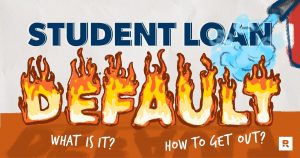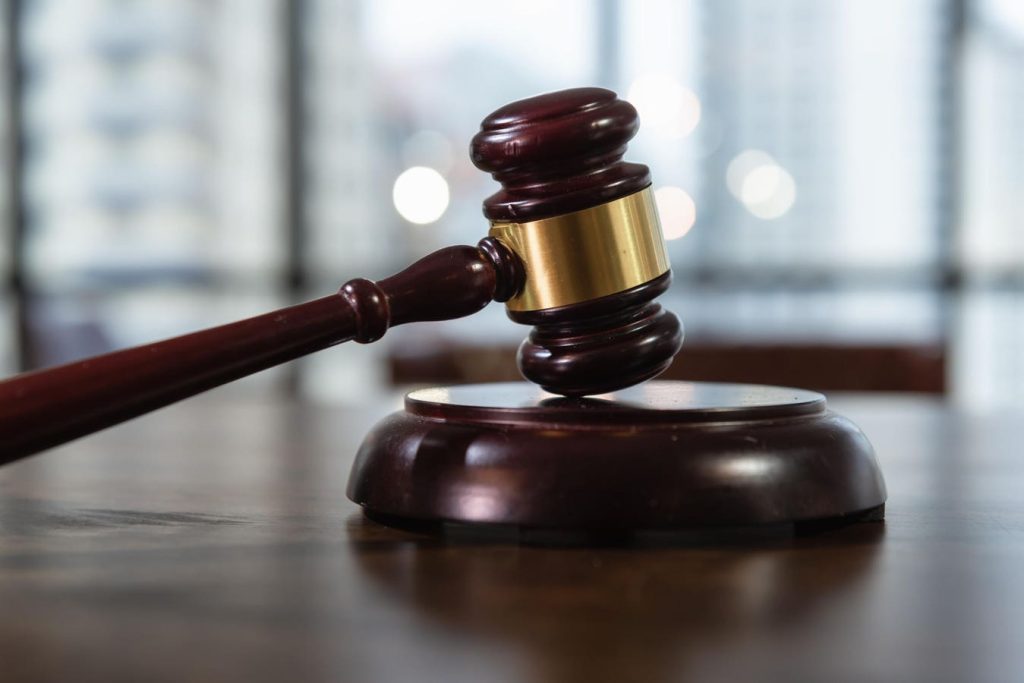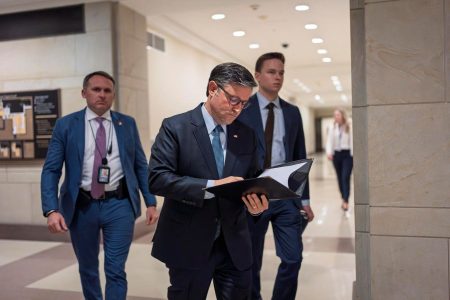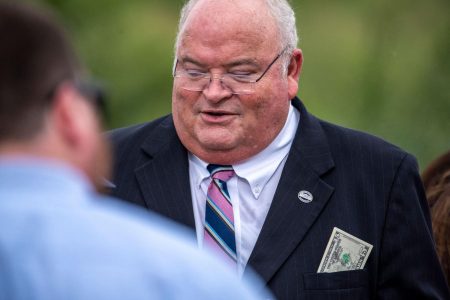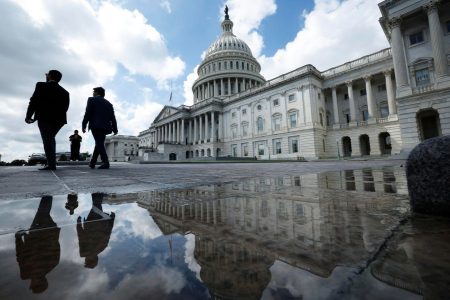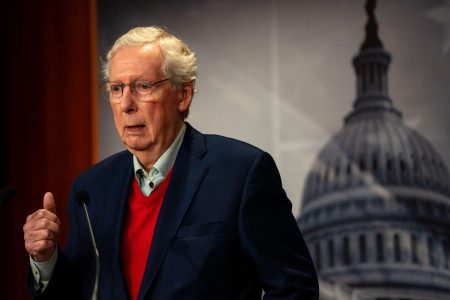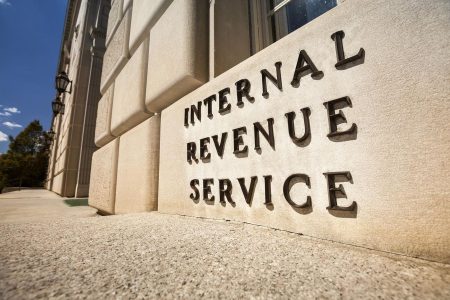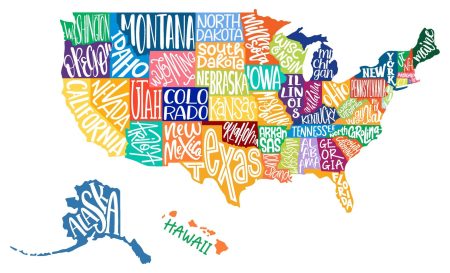Absolved.
That was the decision handed down by Judge Baloisa Marquínez in cases focused on the “Panama Papers” and the related “Lava Jato” (“Car Wash”) scandals.
Initially, 31 people were accused of financial crimes, including bribery and corruption, in the Lava Jato case, and 28 were accused in the Panama Papers case. Prosecutors had accused the law firm and others of engaging in illegal activities related the car wash corruption scandal—and the charges were combined for purposes of the trial.
With respect to Lava Jato, the judge found that it was not possible to prove that money from illicit sources in Brazil entered Panama with the intent to hide, cover up, disguise, or help circumvent the law. With respect to the Panama Papers, the judge found that the evidence collected from the Mossack Fonseca computers did not comply with the chain of custody and principles governing digital proof—and the rest of the evidence was not sufficient and conclusive to determine guilt.
Background
The case has been in the news for nearly a decade. Eight years ago, the International Consortium of Investigative Journalists (ICIJ) and its media partners made public millions of files exposing the financial secrets of the über wealthy. The files, which came to be known as the Panama Papers, included assets that were allegedly stashed in offshore companies to avoid taxation.
The Panama Papers were leaked from Mossack Fonseca, a Panama-based law firm which, according to its website at the time, offered “comprehensive legal and trust services.” (The law firm closed in 2018, and its website is currently parked.)
The accused included the founders of Mossack Fonseca, Jurgen Mossack and Ramon Fonseca. Fonseca died earlier this year before the judge had reached a verdict (charges against him were dismissed).
The files date back to 1977 when Mossack Fonseca was formed. In 2015, an anonymous source contacted Süddeutsche Zeitung, a well-known German newspaper, with an offer to turn over e-mails, photos, and other documents taken from an internal Mossack Fonseca database. The reason, the source said, was simply, “I want to make these crimes public.”
Süddeutsche Zeitung, in turn, shared the records with the ICIJ. The ICIJ and hundreds of other journalists from various news outlets researched the documents. Their investigations exposed the offshore financial secrets of world leaders and public figures.
Offshore Assets
It’s important to remember that owning an offshore company or creating an offshore trust isn’t illegal. It’s perfectly okay in most countries, including in the United States. What is unlawful, however, is using offshore trusts to hide assets from known creditors or to evade taxation—failure to disclose offshore assets and report offshore income can land you in big trouble.
The IRS noted that “[u]nscrupulous promoters continue to lure U.S. persons into placing their assets in offshore accounts and structures, saying they are out of reach of the IRS,” while warning taxpayers that those who “promise tax savings that are “too good to be true”… will likely cause legal harm to taxpayers who use them.” Those schemes were (again) included in this year’s IRS Dirty Dozen list. (The “Dirty Dozen” is an annual list of common scams taxpayers may encounter.)
When advisors like lawyers (like me), accountants, and financial advisors work to establish offshore accounts, there’s a lot of due diligence that has to happen to ensure that money isn’t being transferred for illegal purposes such as tax evasion, money laundering or to avoid existing creditors (including soon to be ex-spouses or victorious plaintiffs). But even moving money legitimately out of a jurisdiction doesn’t erase the compliance obligations. In the U.S., for example, you must still report the existence of the accounts on tax returns (and in other circumstances, including for child support and other court proceedings).
Failure to do the right thing can land not only the account owners—but also the lawyers, accountants, and financial advisors who facilitated opening the accounts—in hot water.
Allegations & Trial
That’s what the authorities allege happened here. Mossack Fonseca immediately denied any wrongdoing, saying that the release of the documents misrepresented the work that was done. In 2016, they posted a statement on their website, saying, in part: Recent media reports have portrayed an inaccurate view of the services that we provide and, despite our efforts to correct the record, misrepresented the nature of our work and its role in global financial markets.
The firm also indicated that it had no control over how its clients might use offshore entities created for them. Despite those denials, the Panama Papers eventually led to the firm shutting down. It also resulted in a money laundering trial in a Panamanian court.
The trial began in April. The judge initially had 30 days to issue a verdict, but that date was extended due to the volume of evidence. The initial leak had involved 11.5 million confidential documents, including financial and legal records. The documents take up 2.6 terabytes in computer storage (for context, one terabyte of data could be stored on about 1400 CD-ROMs or 220 DVDs). The 2010 Wikileaks data, for comparison, only included 1.7 gigabytes.
The judgment was issued at the end of June.
In 2022, both Mossack Fonseca founders– Ramón Fonseca Mora and Jürgen Mossack– were acquitted in a separate Panamanian money laundering case. Both repeatedly denied any involvement in illegal activities.
Database
You can search the database, which includes more than 810,000 offshore companies, foundations, and trusts from the Pandora Papers, Paradise Papers, Bahamas Leaks, Panama Papers, and Offshore Leaks investigation here.
You may see names you recognize, but as the database website notes, “The inclusion of a person or entity in the ICIJ Offshore Leaks Database is not intended to suggest or imply that they have engaged in illegal or improper conduct.”
Fallout
As noted, Mossack Fonseca closed in 2018, and its website is currently parked.
Panama received a lot of negative press immediately after the publication of the papers. Panama had struggled with placement on the global Financial Action Task Force (FATF) for years, and this didn’t help. In 2023, the country was finally removed from FATF’s gray list. Additionally, in 2024, the Commission of the European Union announced the removal of Panama from the European Union’s list of high-risk countries due to strategic deficiencies in the prevention of money laundering and terrorist financing. However, the country remains on the European Union’s tax haven blacklist alongside American Samoa, Fiji, Trinidad and Tobago, Anguilla, Guam, Russia, the U.S. Virgin Islands, Antigua and Barbuda, Palau, Samoa, and Vanuatu.
In 2019, the star-packed film, The Laundromat, starring Meryl Streep, Gary Oldman, and Antonio Banderas hit theaters. The film, directed by Steven Soderbergh, was inspired by a book focused on the Panama Papers. Mossack and Fonseca sued Netflix to try and block the film’s release, claiming defamation among other things—they were unsuccessful.
The ICIJ released a statement following the verdict.
“While the court did not hold these defendants accountable, the enduring impact of our investigation persists,” Gerard Ryle, the ICIJ’s executive director, said in a statement. By revealing hidden truths, as we did in the Panama Papers, we empower the public with the information they need to demand accountability and push for reforms.”
Read the full article here



